|
Every day, people flee conflict zones in a bid to find refuge and build a new life. It’s no easy decision and journeys are inevitably perilous. Late last week 150 migrants from Libya drowned when two boats capsized in the Mediterranean. The UN high commissioner for refugees described it as “the worst Mediterranean tragedy of this year”. It’s incidents like this that prompted two lawyers to file a complaint at the International Criminal Court (ICC) naming European Union member states’ migration policies in the Mediterranean as crimes against humanity. Kerstin Carlson explains.
The use of WhatsApp during elections has become ubiquitous all over the world. Nic Cheeseman unpacks research that’s been done into how the social media platform was used during Nigeria’s recent elections. From Ethiopia, Yonatan Fessha considers a call by the Sidama people for a state of their own. For his part Akwasi Kwarteng Amoako-Gyampah takes a look at Ghanaian statesman Kwame Nkrumah’s legacy.
It’s exactly a year since the most recent outbreak of Ebola hit the Democratic Republic of the Congo. And it’s still not been contained. In previously published articles Mosoka Fallah and Janusz Paweska explained why managing border crossings plays such a big role. In a brief podcast, Paweska also discusses the physical effects of this deadly virus on those who are infected.
|
Top Stories
|
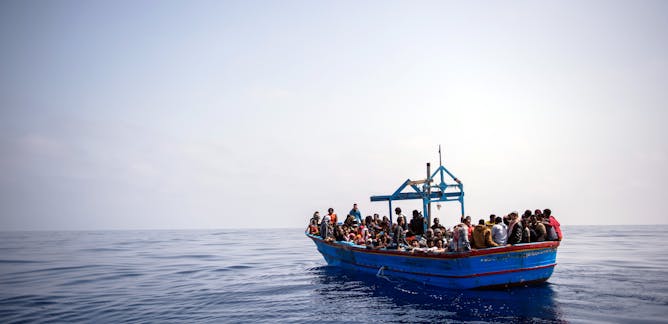
Kerstin Carlson, University of Southern Denmark
The ICC may be the only institution capable of breaking the current legal impasse.
| |
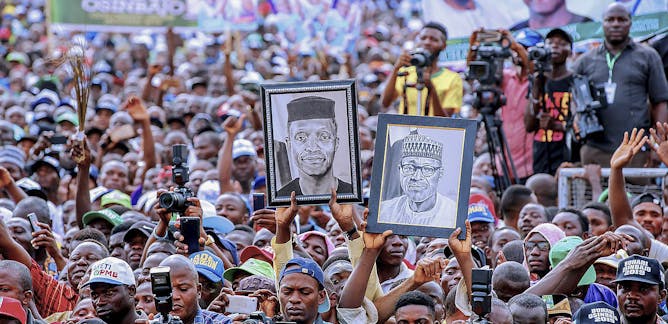
Nic Cheeseman, University of Birmingham
In the recent Nigerian election WhatsApp was used to mislead voters in increasingly sophisticated ways. But it also strengthened democracy in other areas.
|
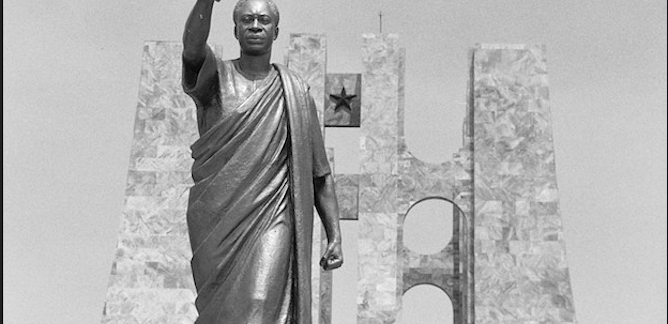
Akwasi Kwarteng Amoako-Gyampah, University of Education
Like many great men, the legacy of Ghana's independence hero is not uncontested.
| |
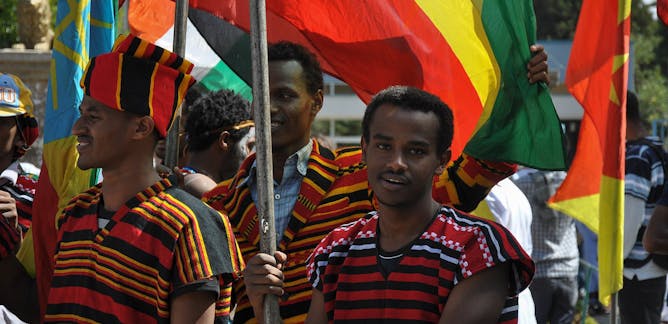
Yonatan Fessha, University of the Western Cape
The already extremely fragile political condition cannot handle any further instability and chaos.
|
|
|
In the news
|
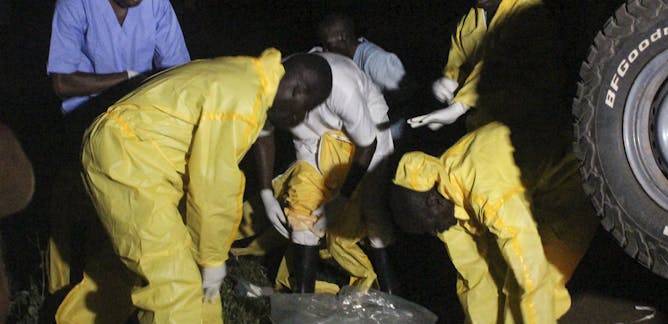
Mosoka Fallah, Harvard Medical School
Ebola is difficult to contain because of human social and behavioural factors. But it can be if 100% of the infected people's contacts are identified and monitored.
| |
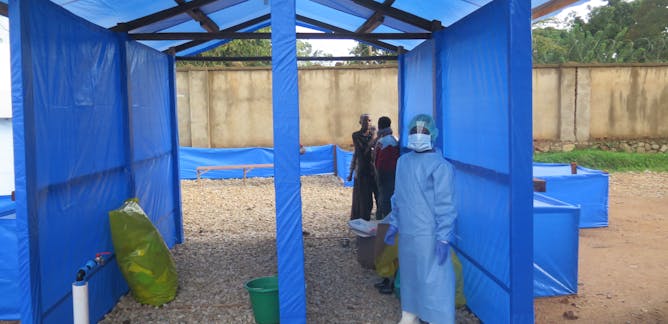
Janusz Paweska, National Institute for Communicable Diseases
Borders are porous between North Kivu province of the DRC and neighbouring countries, so the potential for spread is highly likely.
|
|
|
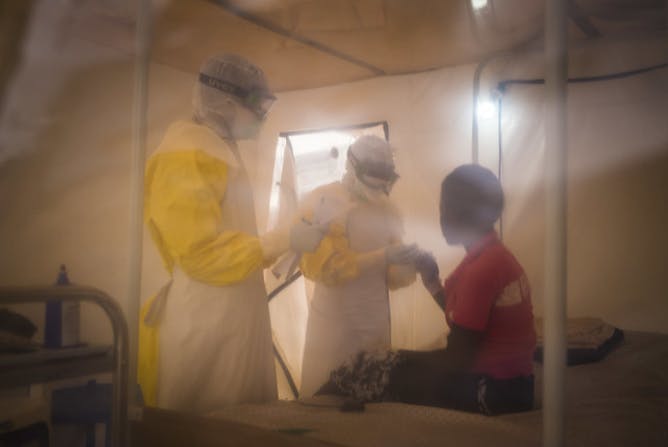
Health Workers treat a patient who is suspected of being infected by Ebola,
Flickr/World Bank/Vincent Tremeau
Ozayr Patel, The Conversation
What happens when you have Ebola?
|
Health + Medicine
|
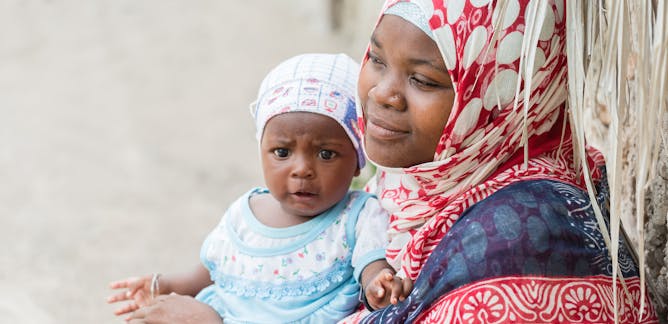
Rebecca Walker, University of the Witwatersrand; Jo Vearey, University of the Witwatersrand
Health responses need to take on board the fact that the number of women and girls migrating across borders as well as within countries is growing.
| |
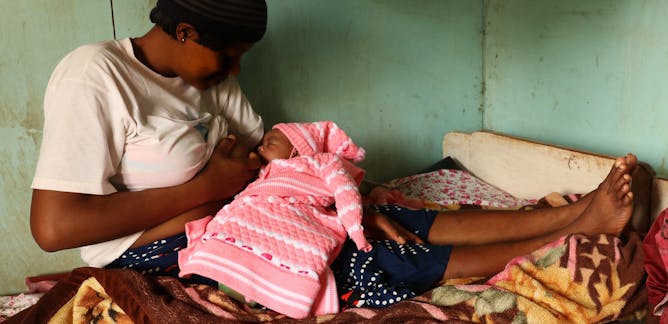
Elizabeth Kimani-Murage, African Population and Health Research Center
Regular home visits by community health workers helped to increase breastfeeding rates in Kenya.
|
|
|
Podcasts
|
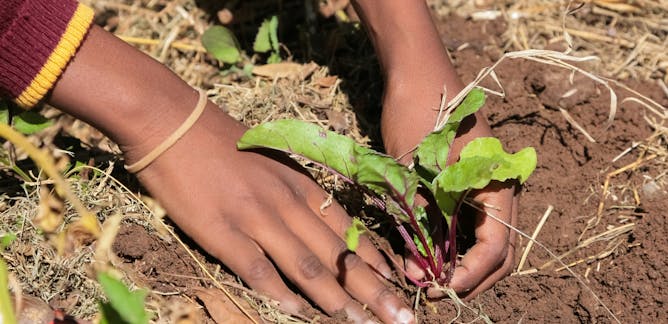
Ozayr Patel, The Conversation
There’s a perception among young South Africans that farm jobs are back-breaking and financially unappealing.
| |
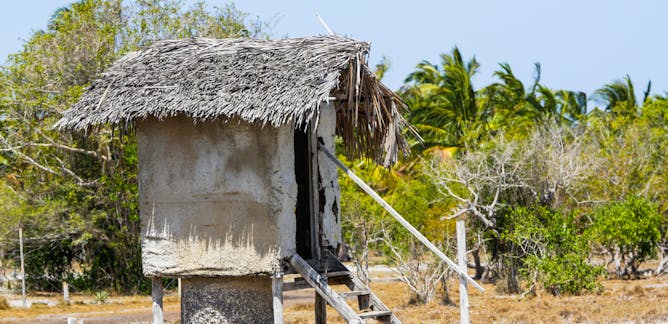
Ozayr Patel, The Conversation
Technology is only part of the solution to giving people access to sanitation.
|
|
|